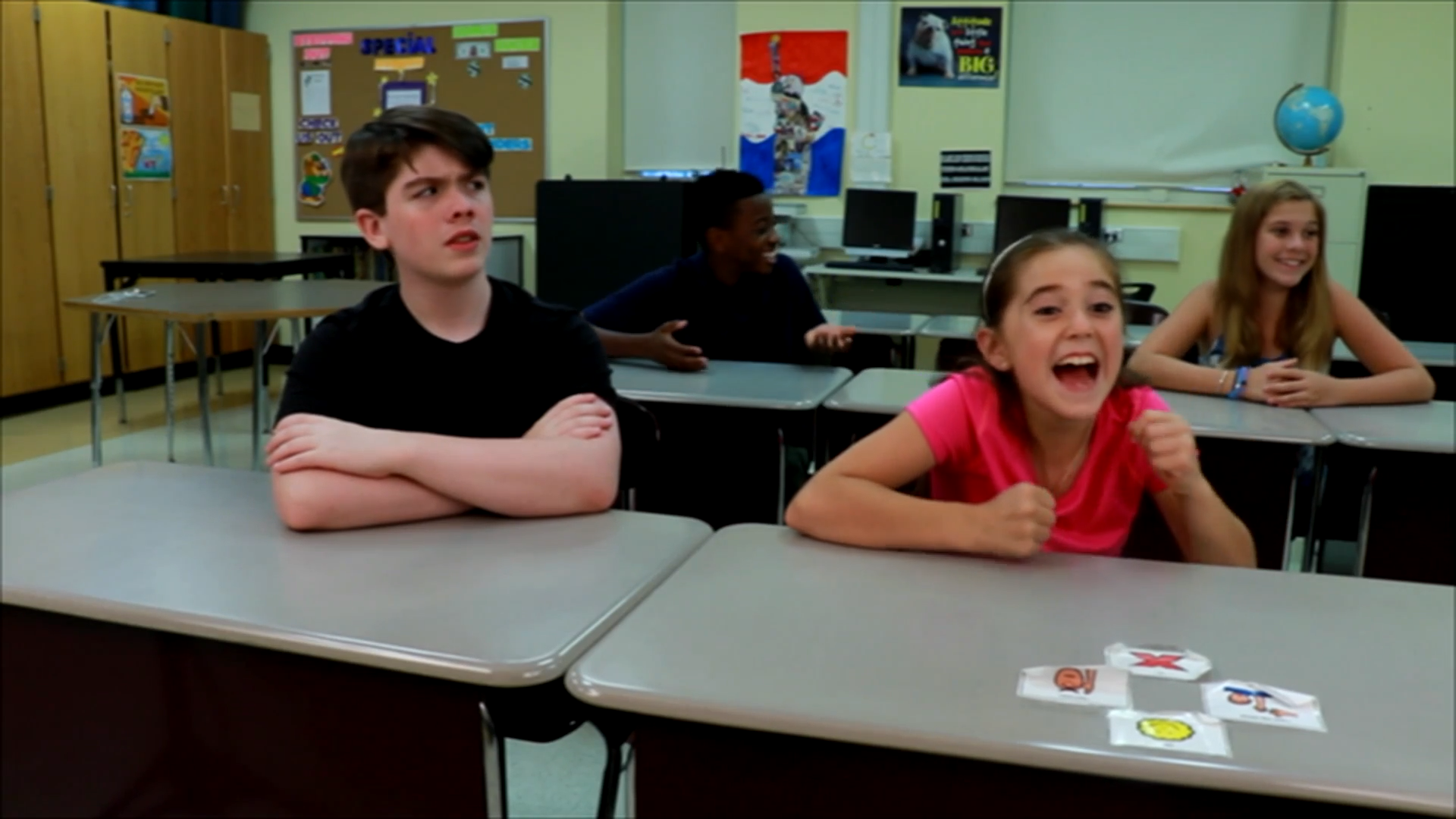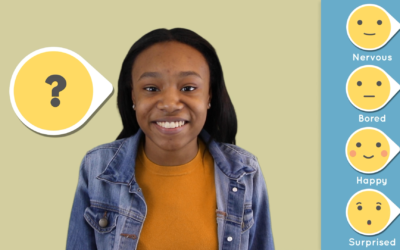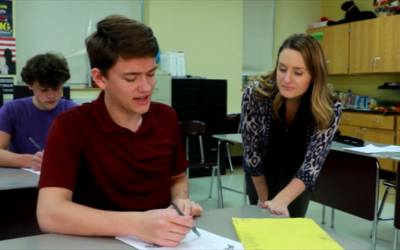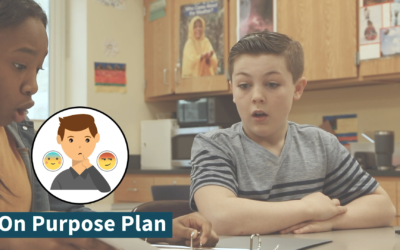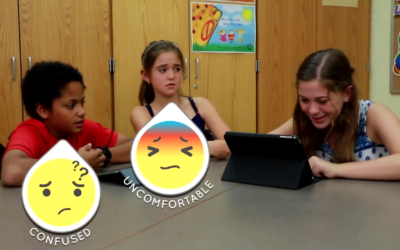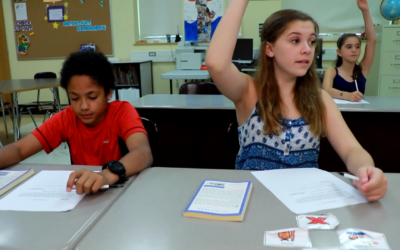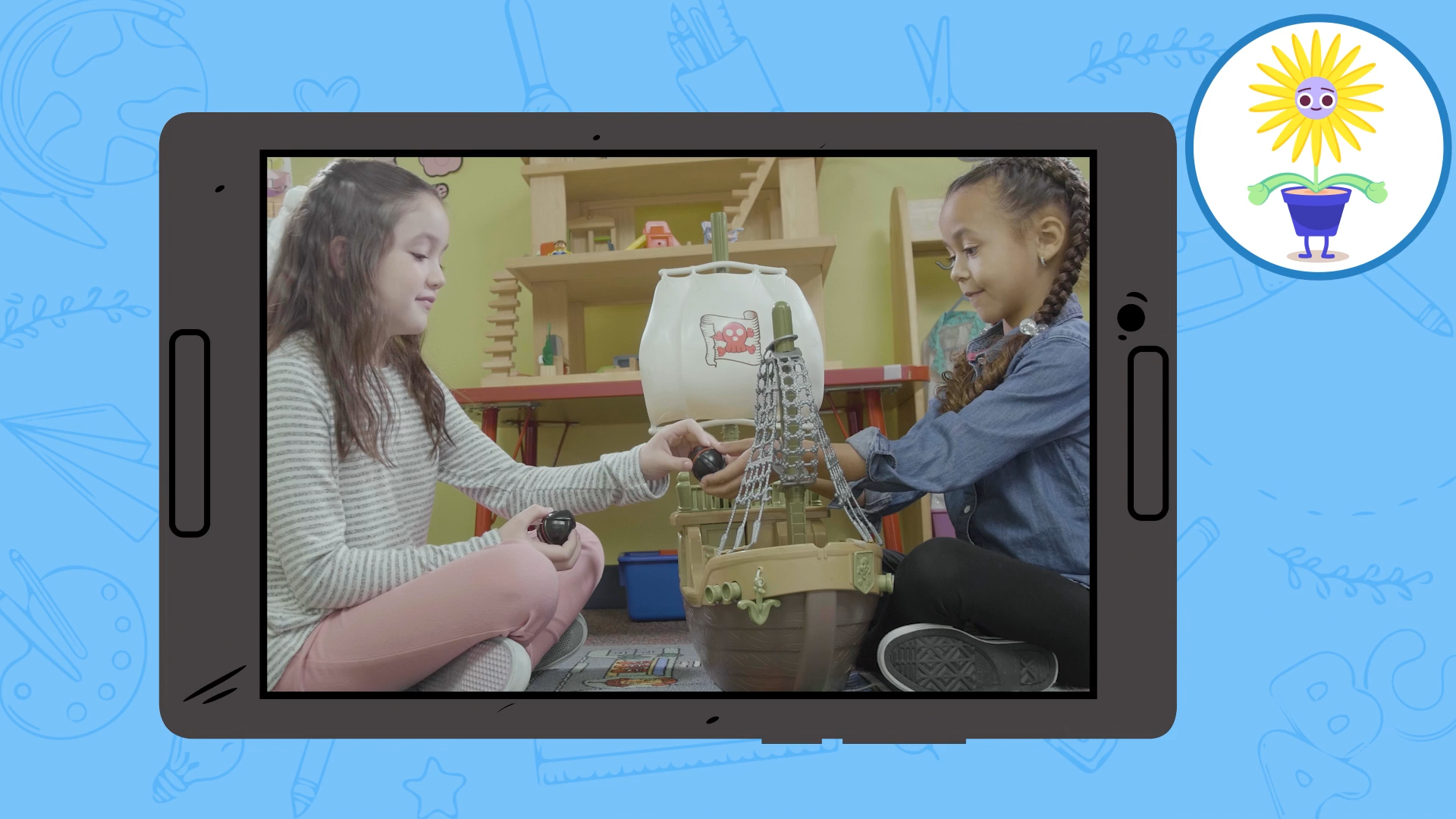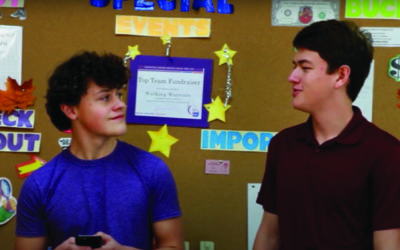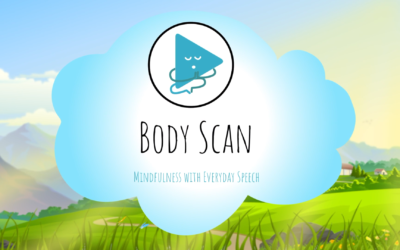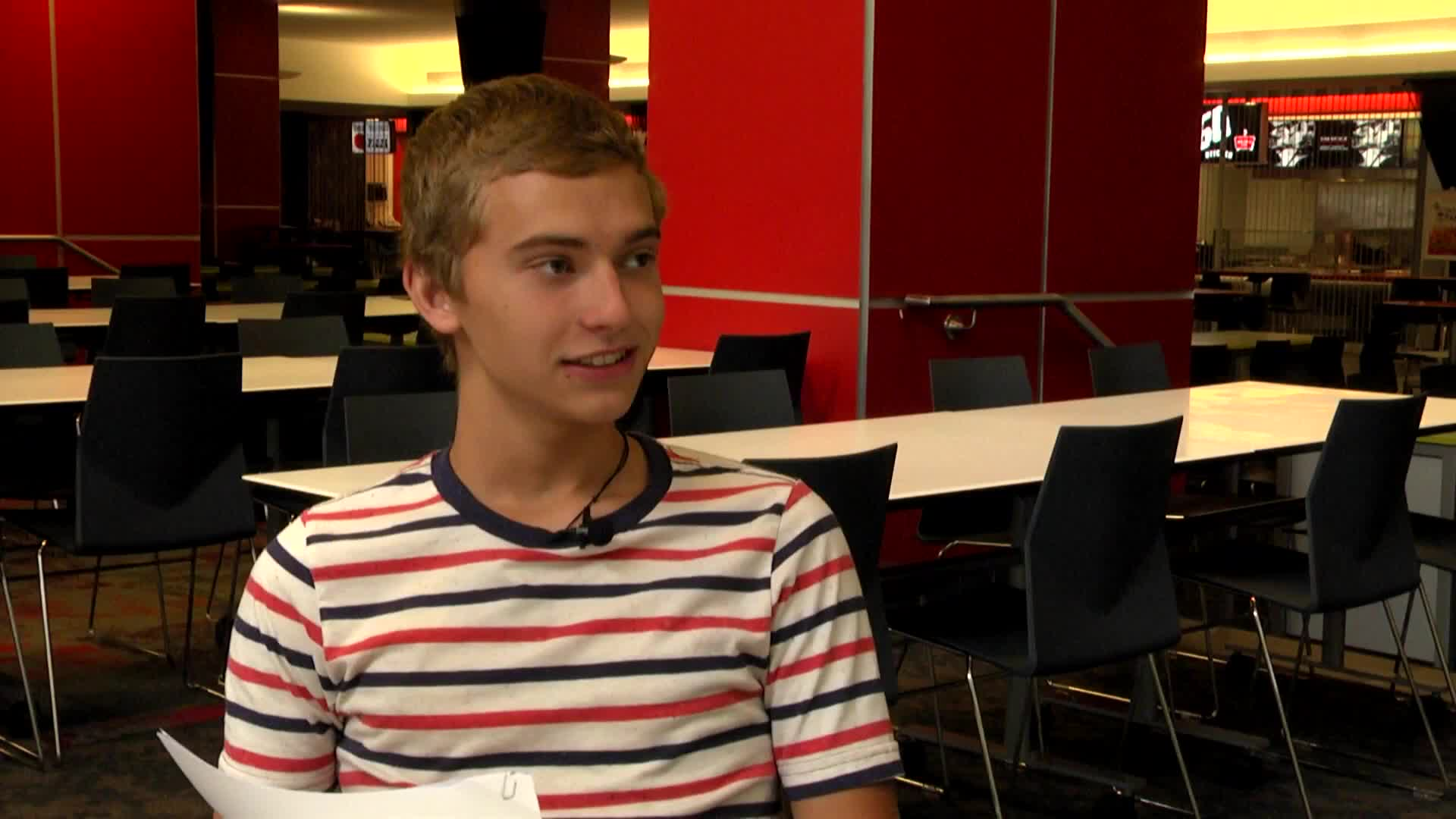Everyday Speech Blog
Social Skill Lesson Plans and Articles
No Results Found
The page you requested could not be found. Try refining your search, or use the navigation above to locate the post.
No-Prep Activities
Encouraging Open Discussions About Opinions: An Activity for High School Students
As educators, it's essential to help students develop skills to express their opinions and respect differing viewpoints. By incorporating principles of Social-Emotional Learning, we can create an inclusive environment that fosters open discussions. This blog post will...
Teaching Observational Skills in New Situations for Elementary Students
Introduction New situations can be intimidating for students, especially when they are unsure how to act or what to do. In these moments, it is essential to teach them the skill of observing others to learn and adapt. This blog post will guide you through an activity...
Teaching Emotion Identification to PreK Students: Emotion ID Game
Introduction The ability to recognize and understand emotions in oneself and others is a crucial aspect of social-emotional learning. In this blog post, we will introduce you to a fun, engaging, and simple game called Emotion ID, designed specifically for educators...
Teaching Elementary Students How to Ask for Help: A Guide for Educators
Introduction Developing effective communication skills is a crucial aspect of a student's overall growth, and one essential skill to cultivate is the ability to ask for help. This blog post explores the importance of teaching elementary students how to seek assistance...
Teaching the On Purpose Plan: A Practical Social-Emotional Learning Skill for Educators
Introduction It can be challenging for elementary students to understand the difference between actions that are done on purpose and those that happen accidentally. The On Purpose Plan is a valuable tool that helps students distinguish between these two types of...
Teaching Kindergarteners to Use Appropriate Voice Modulation
Introduction Sometimes when children feel excited or nervous, they may talk in a silly voice. While this might feel good to them, it can make others feel uncomfortable or confused. It's crucial for educators to teach Kindergarten students about appropriate voice...
Enhancing Classroom Communication Skills in PreK Students
As educators, we understand the importance of developing strong communication skills in our students, especially when it comes to participating in classroom discussions. In this blog post, we will explore an engaging no-prep activity, thought-provoking discussion...
Effective Communication Skills: Taking Turns in Conversations
As educators, we understand the importance of teaching students effective communication skills. One key aspect of communication is the ability to take turns in a conversation. This includes adding comments, asking questions, and actively listening to the other person....
Teaching PreK Students to Take a Break When Needed
Introduction Educators play a crucial role in fostering the development of essential life skills in their students. One such skill is learning to take a break when emotions become overwhelming. This blog post will provide an overview of teaching PreK students how to...
Emotion ID: A Fun Game for Kindergarten Students to Explore Emotions
Emotion ID is a game designed to help kindergarten students understand and identify emotions in themselves and others. By focusing on facial expressions, tone of voice, and the words people say, students can learn to recognize and respond to different emotions. This...
Being a Good Sport at Recess: Teaching PreK Students Positive Attitudes
Introduction Educators working with PreK students know the importance of teaching positive attitudes and sportsmanship during recess. Being a good sport means maintaining a positive attitude, following the rules, supporting others, and accepting when we lose without...
Encouraging Conversational Flexibility in Special Education
Introduction Educators working with special education students are well aware of the importance of developing strong social-emotional skills. One such skill is conversational flexibility, which is the ability to adapt and change the conversation to include a variety...
Small Talk Skills for High School Students: A Guide for Educators
Introduction Small talk is an essential social skill that helps individuals engage in short, polite conversations with others, particularly with strangers or acquaintances. It serves as a foundation for building connections and fostering relationships. In this blog...
Mindfulness in the Classroom: A Simple Activity for Educators
Introduction Mindfulness is the practice of paying attention to the present moment, focusing on what’s happening right now, and being aware of our thoughts, emotions, and bodily sensations. Incorporating mindfulness in the classroom can help students develop...
Teaching High School Students to Read the Situation: Social-Emotional Learning in Action
Introduction In our everyday interactions, we often find ourselves in situations where we need to gauge the emotions and feelings of others. For high school students, learning to read the situation is crucial in developing effective communication and social-emotional...


